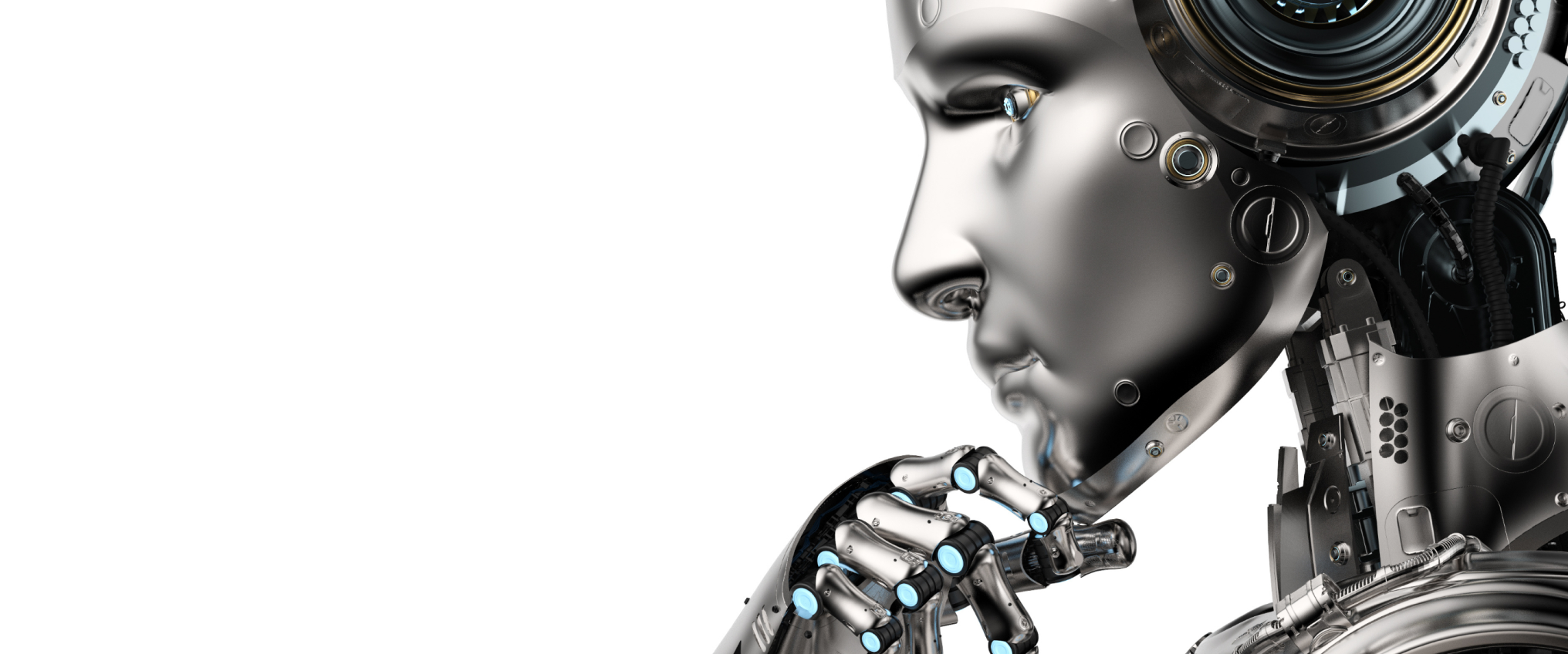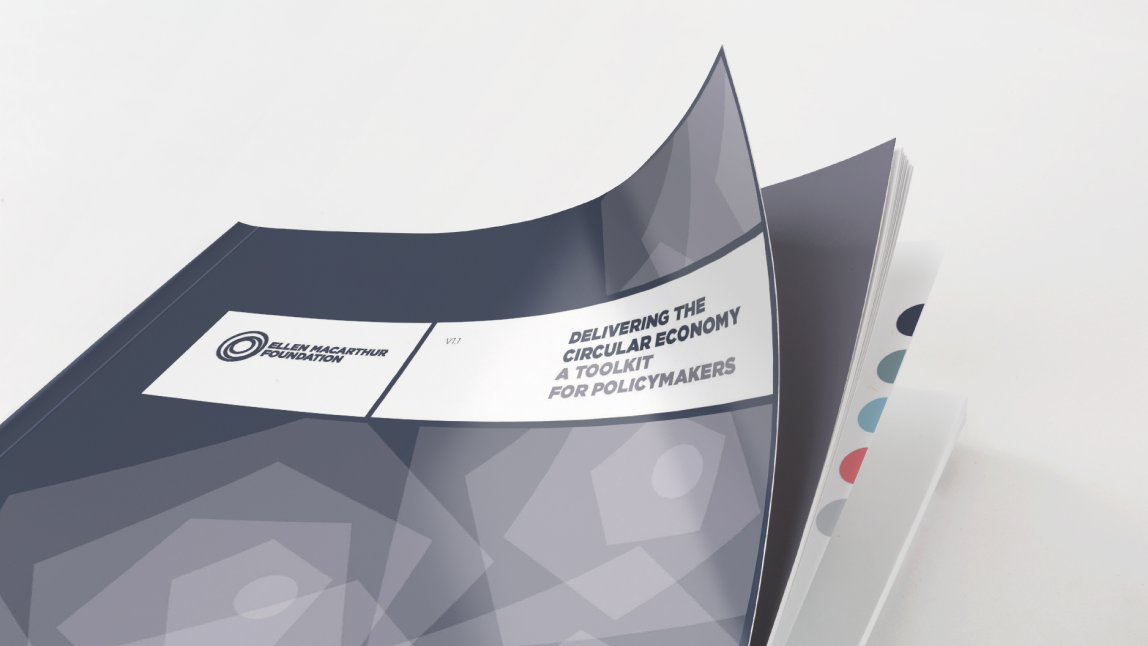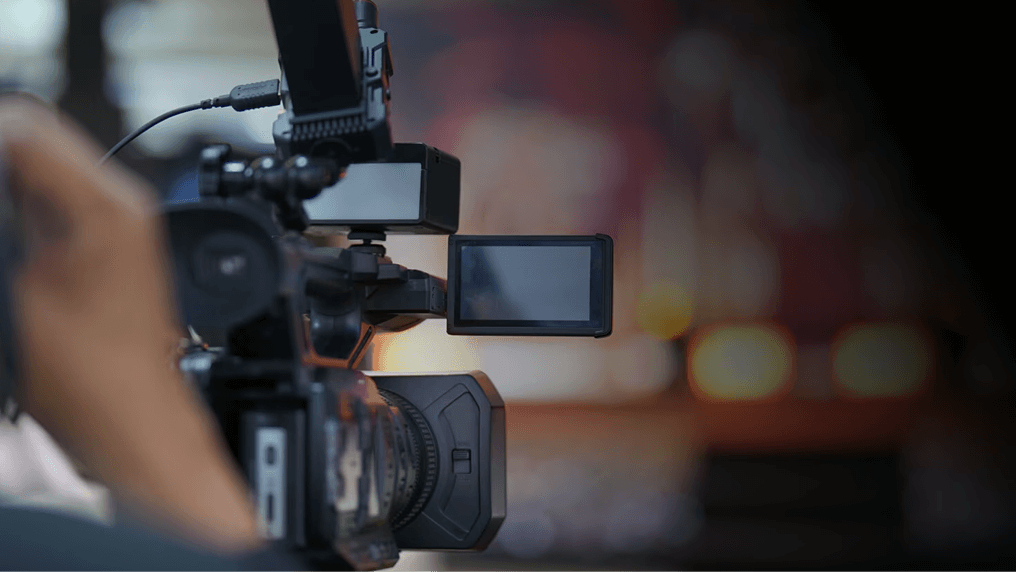This paper provides an initial exploration of the intersection between two emerging megatrends: artificial intelligence and the circular economy. Written in collaboration with Google, and with analytical support from McKinsey & Company, it represents a first step towards understanding how AI could accelerate the transition towards a circular economy at scale. It finds that AI can offer substantial improvements in three main areas: product design, operations, and infrastructure optimisation.
The research examines the application of AI in two value chains: food and consumer electronics. The potential value unlocked by AI in helping design out waste in a circular economycircular economyA systems solution framework that tackles global challenges like climate change, biodiversity loss, waste, and pollution. It is based on three principles, driven by design: eliminate waste and pollution, circulate products and materials (at their highest value), and regenerate nature. for food is up to USD 127 billion a year in 2030. For consumer electronics, the equivalent figure is up to USD 90 billion. The essential similarities between the opportunities in these two industries suggest they are applicable across the economy. Combining the power of AI with a vision for a circular economy represents a significant, and as yet, largely untapped opportunity to harness one of the great technological developments of our time. It will support efforts to fundamentally reshape the economy into one that is regenerative, resilient, and fit for the long term.
To quote this study, please use the following reference: Ellen MacArthur Foundation, Artificial intelligence and the circular economy: AI as a tool to accelerate the transition (2019).







